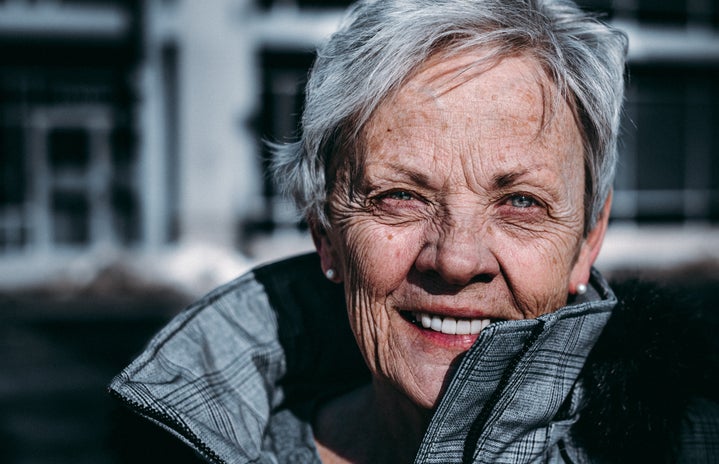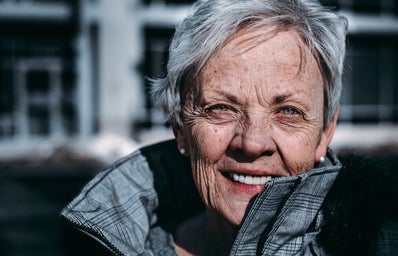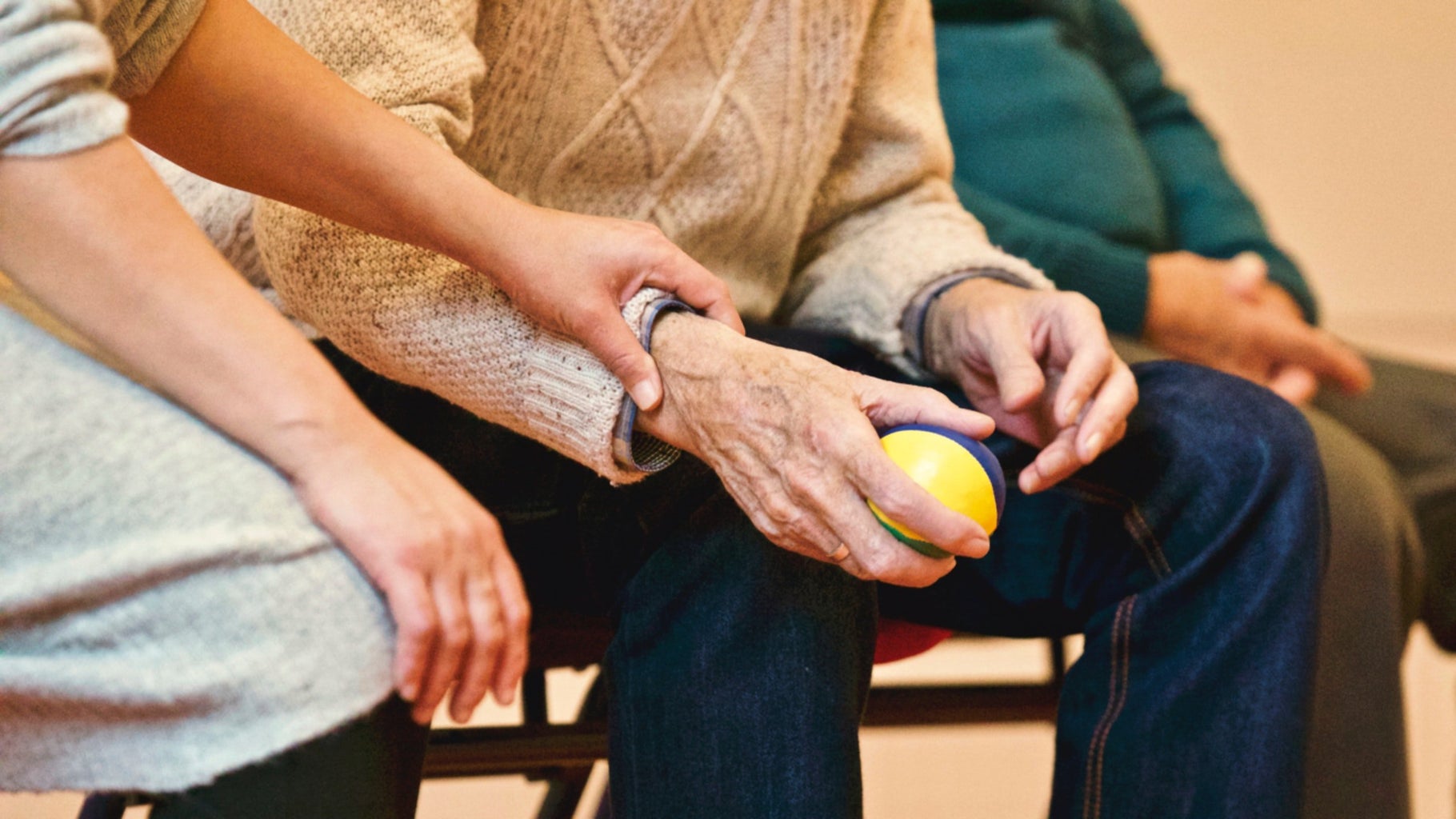“Old age was growing inside me. It kept catching my eye from the depths of the mirror. I was paralyzed sometimes as I saw it making its way towards me so steadily when nothing inside me was ready for it “, states Simone de Beauvoir about female aging.
Feeling unprepared in the face of old age is not exclusive to the French existentialist and feminist philosopher. The fear of aging is something experienced by all throughout life. However, this feeling is especially proper for women. For them, aging does not only mean being closer to death, but also having to live with the innumerous limitations imposed by patriarchal society, as well as with the constant pressure on how to look and how to behave.
Many older women find themselves lost and lonely in the midst of so many challenges. In view of this, should not feminism, a movement designed to help women to fight for their rights, be modified to better support the elders?
Ageism
Ageism means prejudice against certain individuals due only to their ages. This is an increasing form of discrimination around the world, especially against older people. In today’s society, old age is associated with disability and unproductivity, so old human beings are generally seen as unimportant and disposable. Ageism is a type of structural violence manifested daily, in all environments, through phrases such as “you are too old for this” and “let me do it for you”.
Although all people considered old are subject to ageism, this has several particularities regarding women. “Aging is much more than just biological or chronological. It is also cultural and social. The cultural and social aging of the woman is different from the man. In our sexist and patriarchal society, women are considered older much earlier than men ” says Gisela Castro, psychologist, longevity expert and teacher at ESPM.
This difference is partially due to standards of beauty historically demanded from women, whose bodies have been objectified by men for centuries. As Brazilian society deifies thin and young female silhouettes, age-related changes are condemned and their carriers are accused of laziness and neglect.
“There is a moral obligation for women to remain young, to appear young forever. Therefore, the woman who lets herself grow old, she is considered a woman who has aged badly. This partly has to do with the cosmetics industry”, Castro adds.
Such is the permeability of this prejudice, that Brazilian women begin to worry about age-related changes, often before the age of thirty, which contributes to the acceleration of psychological aging and to a gradual reduction in self-esteem.
Another factor that contributes to the devaluation of older women is the sexist idea that they have already fulfilled their main social roles of reproduction and seduction and, therefore, can be discarded.
Consequences of ageism for women
One of the most negative consequences of ageism associated with sexism for old women is the loss of social prestige. In other words, the understanding that women over time lose their ability to understand the functioning of society and therefore should be placed on the margin of it.
This conception leads many women over 40 years to unemployment and, consequently, to a position of socioeconomic vulnerability.
“I think a woman of my age can actually give the same contribution to a company as a younger one. She is undergoing a different moment of her life, being more mature and experienced. But, of course, in most cases, the labor market considers this woman old”, says Magaly Reis, 62, teacher in the private school network.
In addition to unemployment, the loss of social prestige also leads to a loss of self-esteem on the part of many women. They begin to feel displaced and ashamed in collective environments and often choose to isolate themselves. This can, ultimately, lead to the development of depression and other mental illnesses.
Feminism and older women
It is not uncommon to come across an older woman who says she’s against feminism. What is the reason for this distancing between old women and the movement? And, above all, how could this be overcome?
“I think many women as the poorer, black and older distanced themselves from the classic feminist movement because they felt like that was not their fight. The first feminists were not too worried about aging. The front of their fight was another. Gradually, the movement became more sophisticated. More recently, the fights for intersectionality have begun.” explains Castro.
She adds: “There was discrimination even among feminists. Older feminists being less heard and less valued within the movement. Women who had to fight hard so that their voices were not silenced purely and simply because they had passed a certain age. That is, it’s hellish how people lose social prestige as they age, even within emancipation movements like feminism”.
It is necessary, however, that the feminist movement increase their support concerning these women and boost their demands. Today, many older women are hostages to two prominent speeches on female aging. The first of which is that aging is terrible and therefore should be avoided to the fullest. And another that says that women should embrace with open arms all the contingencies of old age and accept everything. In fact, the acceptance of old age is a positive thing. However, it is necessary to rebel against the abuses and difficulties imposed on older people, such as unemployment, bad health conditions and discrimination.
In this sense, the presence of the feminist movement in the lives of these older women as a promoter of discussion would be of great importance.
“I would very much like more groups of feminist women to be formed to take the debate to various places, but not only groups of young women but also groups of women my age. Consequently, more older women could change their minds and understand that feminism will only help us to conquer our space in the labor market, in the family and in social life”, Reis concludes.
—————————————————————–
The article above was edited by Larissa Mariano.
Liked this type of content? Check Her Campus Casper Libero home page for more!



